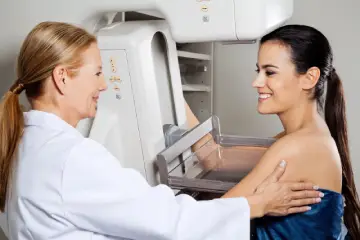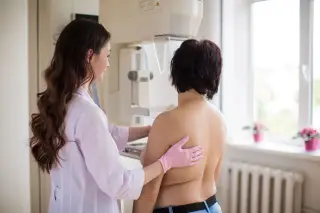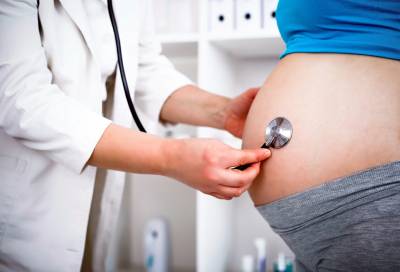Fibroids
Fibroids Q & A
What are fibroids?
Uterine fibroids are muscular tumors that develop on your uterus. And while they usually don’t turn cancerous or raise your risk of cancer, fibroids can vary from tiny, microscopic growths to masses the size of a grapefruit, seriously affecting the size and shape of your uterus.
Women of reproductive age develop fibroids; they usually appear in your 30s and 40s.
What are the symptoms of uterine fibroids?
Uterine fibroids often have no symptoms and you may never know you have them. At other times, your doctor at The Women’s Center detects them during a routine pelvic exam or during an ultrasound for another condition.
In some cases, fibroids can cause significant discomfort and symptoms, including:
- Heavy bleeding and pain during your cycle
- Spotting or bleeding between your periods
- Pain during sexual intercourse
- Pelvic pain and pressure
- Enlargement of the uterus and abdomen
- Urinary complications
In some cases, fibroids can interfere with fertility.
How are uterine fibroids treated?
If you have fibroids that aren’t causing symptoms or dysfunction, your doctor at The Women’s Center may simply monitor you regularly to make sure the fibroids don’t grow too quickly and turn into a symptomatic condition.
Medications are available to address fibroids that cause mild symptoms. Over-the-counter medications, including ibuprofen, address mild pain, and iron supplements ward off anemia that may be caused by heavy menstrual bleeding.
If you’re not interested in getting pregnant, hormonal birth control — such as the pill or hormonal IUDs — control heavy bleeding. They also slow the growth of fibroids.
Gonadotropin-releasing hormone (GnRH) agonists are medications that can shrink your fibroids, but they do put you into temporary menopause. They aren’t a permanent solution, but can make large fibroids more manageable.
Surgery is another option, especially if you’re trying to get pregnant. Your doctor at The Women’s Center can perform a myomectomy, which removes fibroids without negatively affecting your uterus. Some women opt for a hysterectomy, which removes the entire uterus. With a hysterectomy, the myomas (or fibroids) cannot grow back.
To learn more about diagnosis and treatment for uterine fibroids, call The Women’s Center today or book an appointment using the online tool.
We Provide You With The Best Services

Mammogram
Learn
More
Routine mammograms are the best way to find breast cancer early when it’s most treatable. The expert OB/GYN team at...




